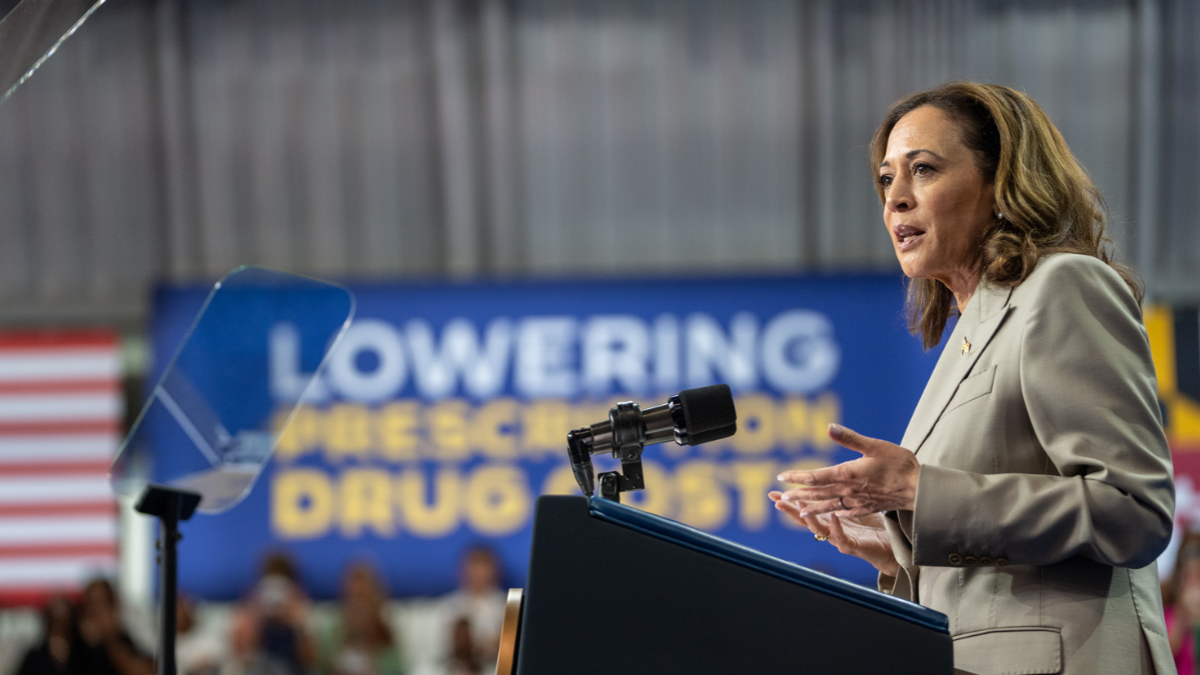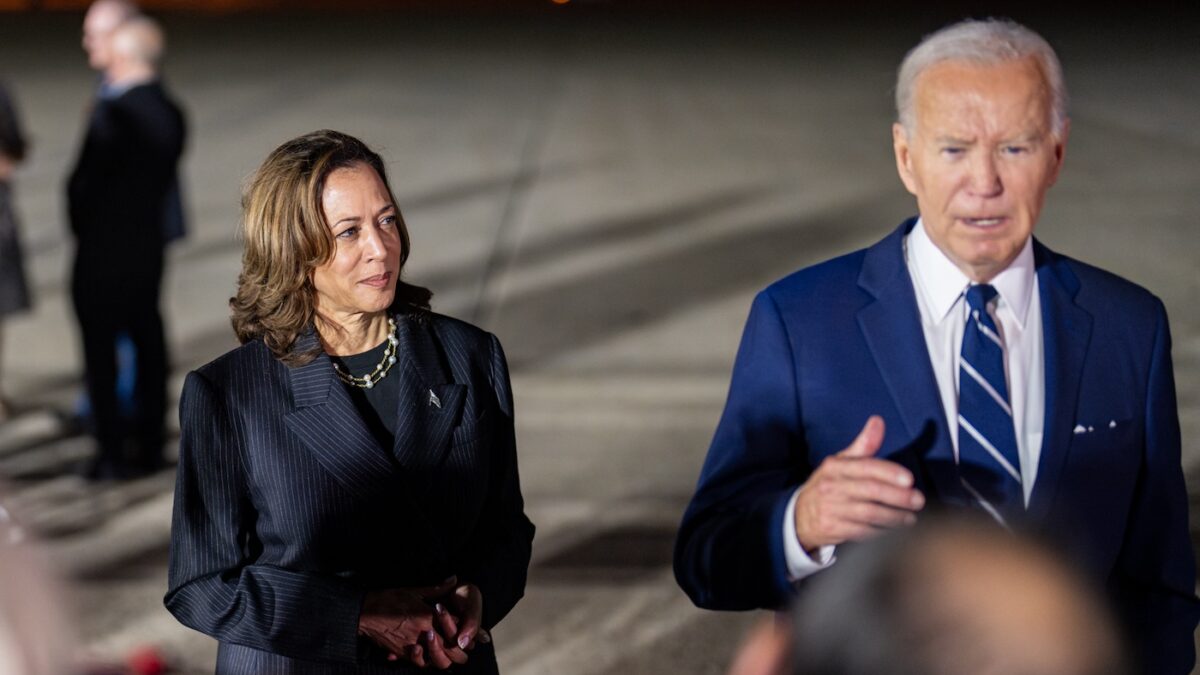
Not surprisingly, the American Health Care Act, or Trumpcare for short, has gotten bad reviews from the media, reflecting its left-wing bias. But for fans of free-market capitalism like myself, a different appraisal is warranted. Trumpcare would make the U.S. health-care system a little bit more free market and capitalist.
What’s Wrong with Health Care Today
First, let me provide some context. U.S. health care is not a free-market system. It is a botched attempt at a free-market system, which leaves out consumer sovereignty and price competition. It delivers a good product, and powers the lion’s share of the world’s medical innovation, while western Europe free-rides. But it is locked in a permanent crisis of high costs.
This has less to do with the nature of health care than with the industry’s unfortunate organization. Without consumer sovereignty and price competition, any industry—housing, food, transport—would get stuck in a high cost trap. On the other hand, if health care became a normal American industry with normal consumer choice and payment practices, it could be expected to transition, perhaps over the course of a generation, to the good service and reasonable prices that normal American industries deliver.
Consumer sovereignty and price competition are excluded by the institution we misleadingly call health “insurance.” True insurance covers large, rare, unforeseeable costs. Health “insurance,” as we know it, pays most of the cost of just about every transaction you have with a medical provider. That’s not insurance. It is best described by a term the media use to lump together private insurance with government programs like Medicare and Medicaid: “coverage.” Coverage implies comprehensiveness, complete insulation from costs. What we call health “insurance” is really health coverage.
Coverage is the big problem with U.S. health care. People with coverage have little or no incentive to economize, so costs balloon out of control. Obamacare’s mandate for people to buy health coverage had the merit of high deductibles, which has given people some reason not to overconsume, but it ultimately reinforced the unfortunate coverage model.
How People Should Pay for Health Care
When people go to the doctor, they shouldn’t have coverage, they should just pay. Health insurance should be like homeowner’s insurance, invoked only in rare catastrophes. People without enough ready cash could pay on credit, as people do for houses and cars. Facing the true cost of their health care, people would go to the doctor less and look for cheaper options, such as getting heart surgery in India (under $2,000) instead of in the United States (over $100,000). Health care demand would fall, and the interaction of demand with supply would bring prices down as well.
Now, when people buy cars and houses on credit, they first need to get approval from a financial company that’s willing to lend to them. If they don’t find one, they don’t buy the house or car. But sometimes medical care is needed when it’s needed, whether a financial company considers the patient creditworthy or not. Government could step in as a lender of last resort for such situations, for a fraction of what it currently spends on health care. If patients are ultimately solvent, taxpayers would recover their costs by collecting after patients are cured.
Doubtless, some people would end up in unpayable medical debt, either to private lenders or the government. Our society has the institution of bankruptcy for that, but it might also be worth establishing taxpayer-financed, means-tested medical debt forgiveness, of a type less burdensome and stigmatized than bankruptcy. People deserve a second chance. But not a third chance.
The Supreme Court wisely ruled that the federal government has no right to force citizens who are minding their own business to buy things they don’t want. But imposing conditions on people asking for handouts is another matter. Those accepting taxpayer aid could be required to sign a lifelong contract with the government requiring them henceforward to maintain such medical savings, lines of credit, and insurance policies as would ensure they won’t need a second taxpayer bailout.
Policy along these lines could provide a social safety net for the sick at far less taxpayer expense, while making it normal for people to pay their own medical bills, instead of having third parties do it for them.
Missing Contracts and Medical Billing Reform
But it will be hard to convince the public to accept personal responsibility for paying for health care, until the deeper problem is solved, of how to set prices when contracts are missing. In medical emergencies, it is often impractical to procure a patient’s consent to pay for treatment. Unconscious patients need care but can’t consent to pay. Patients in urgent medical distress are usually in no condition to deliberate or negotiate, and time must not be lost. So doctors treat patients first and bill them later, but the price was never agreed upon. Should the patient have to pay? How much—whatever the hospital chooses to charge?
Unfortunately, the answer is basically yes. Hospitals sometimes get sued for price-gouging, and may prefer providing financial aid to trying to extract money from impoverished patients, but in general, the protection people have against exorbitant medical bills, if any, comes from their insurance companies. Insurance companies have enough volume to negotiate, and they have lawyers who can fight it out with medical providers in the courts.
The most basic function of government is to protect people from being plundered, but the government today won’t protect you if the plunderer is a price-gouging hospital. With government shirking its most elemental responsibility, people turn to the health insurance protection racket to save them from unlimited liabilities, and the whole health care industry gets distorted.
A promising feature of Obamacare, at least in its conception, is the Independent Payments Advisory Board (IPAB), not yet implemented, which would impose technocratic, top-down cuts in what Medicare provides and pays for. This kind of centrally planned crackdown may turn out to be the least bad option for dealing with runaway spending and price-gouging, in cases where market competition can’t do the job. A board of experts along the lines of IPAB could prescribe default pricing and scope of care for various medical scenarios. Hospitals could then charge the prescribed prices for the prescribed procedures, and no more—unless the consumer had agreed, before the medical emergency, to something different.
Possibly, the central planners would do their job so well that most people would accept the defaults and not make other arrangements. More likely, most people would want different care than the planners prescribed, so they would hire qualified private companies to represent them in medical emergencies, and secure medical decisions more suited to their budget or preferences. Pricing and the scope of care would then be largely determined by markets, but the prescribed defaults would protect patients from unlimited liabilities.
Trumpcare Notched a Few Wins
Trumpcare does nothing to solve the special problem of missing contracts, but it does some other things right.
First, it eliminates the Obamacare mandate to buy health coverage. That’s good, because we should be trying to get away from a coverage model to one in which people normally pay for health care out of pocket.
Second, it curtails the growth of Medicaid. Medicaid, with no copays or deductibles, is the worst offender in insulating people from the cost of their care.
Third, it moves health policy in a federalist direction, converting Medicaid to a block grant to states and giving states more scope to define what benefits health coverage policies must cover. Since health care policy is so far from what it should be, it’s good to let the states function as “laboratories of democracy.”
Fourth, Trumpcare doesn’t get rid of IPAB. Good. IPAB deserves a chance.
Trump, like Obama before him, made promises on health care that can’t all be kept, so Trumpcare is unlikely to be more legitimate than Obamacare was. Expect U.S. health care policy to stagger this way and that for some time, as politicians make impossible promises then break them to get something done. But at least for now, it’s staggering in the right (wing) direction.









